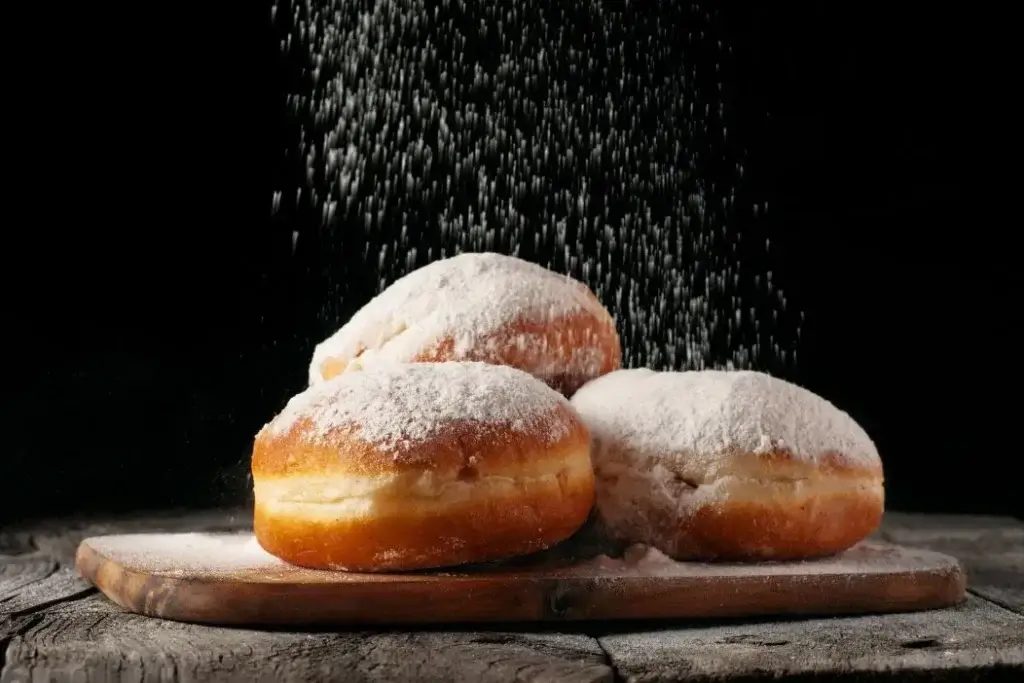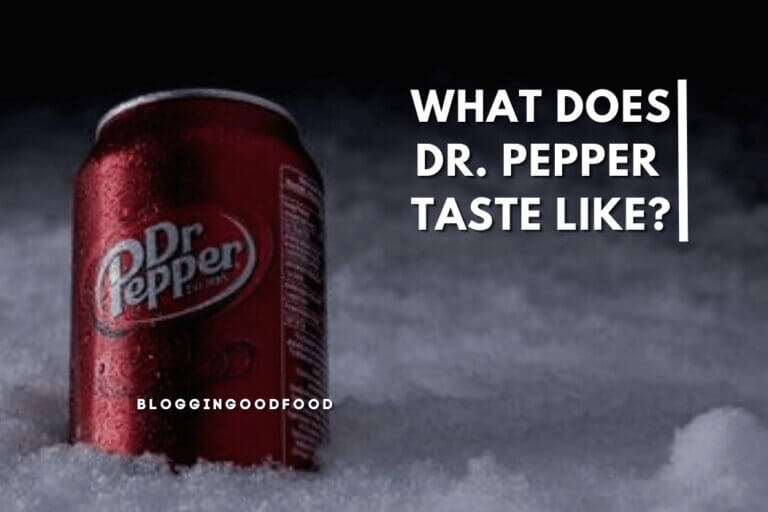Collagen is a naturally occurring protein found in the connective tissues of animals. It’s vital for maintaining the health of our skin, hair, nails, bones, and joints. The popularity of collagen supplements has surged in recent years due to their potential health benefits. But beyond supplements, there’s an emerging trend of cooking with collagen. Collagen powder is now making appearances in everything from morning smoothies to dinner dishes. But what is it about collagen that’s drawing in the culinary crowd? Let’s take a closer look.
Here are 4 great collagen smoothie recipes.
The appeal of collagen in cooking stems from its versatility. It’s available in various forms, such as powders, tablets, and liquid, making it easy to incorporate into a wide array of dishes. More so, collagen is believed to have health benefits. Some studies suggest that collagen may promote skin health, alleviate joint pain, and even boost muscle mass.
However, the question on many people’s minds is, “Does collagen have any flavor?” And if it does, how does it affect the taste of the dishes it’s added to? In this article, we’ll delve into these questions and more, including the science behind cooking with collagen and how to incorporate it into your culinary creations.
Table of Contents
Does Collagen Have Any Flavor?

When it comes to the taste of collagen, the answer is quite simple. Pure collagen is virtually flavorless. It’s this lack of flavor that makes collagen such a versatile ingredient in cooking. It can be added to both sweet and savory dishes without altering their flavor profiles.
However, it’s important to note that not all collagen products are created equal. Some collagen powders may contain additives or flavors that can influence the taste. Therefore, if you’re seeking a truly flavorless collagen product, it’s essential to opt for unflavored versions.
Collagen’s flavorless nature is a boon for anyone looking to add a protein punch to their meals without affecting the taste. This makes it an excellent addition to smoothies, soups, sauces, and even baked goods.
To explore the flavors of renowned beverages, direct your attention to the list below:
- Exploring the taste profile of matcha
- Discovering the essence of Coca-Cola Dream World
- Experiencing the unique taste of Dr. Pepper
The Science Behind Cooking with Collagen:

Cooking with collagen isn’t just about adding extra protein to your meals; there’s a bit of science involved too. For instance, when collagen is heated, it transforms into gelatin. This reaction is what gives collagen-cooked dishes their unique texture and mouthfeel.
However, a common concern when cooking with collagen is whether heat destroys the protein structure, thereby diminishing its health benefits. This leads us to our next section: “Does heat destroy collagen powder?”
Does Heat Destroy Collagen Powder?
There’s a myth that cooking with collagen destroys its health benefits. However, this isn’t entirely accurate. While it’s true that excessive heat can denature proteins, causing them to lose their structure, this isn’t necessarily a bad thing when it comes to collagen.
When collagen is heated, it breaks down into gelatin and then further into amino acids, the building blocks of proteins. These amino acids can still be absorbed by the body and used to produce new collagen. So even though the collagen’s structure changes, its nutritional benefits remain intact.
Ways to Incorporate Collagen in Cooking:
Incorporating collagen into your cooking is surprisingly straightforward due to its versatility. For instance, you can stir collagen powder into your morning coffee or add it to your favorite smoothie for a protein boost. If you’re a soup or stew lover, collagen can be a great addition as it helps thicken the broth while also adding nutritional value.
Can You Bake with Collagen Powder?

Yes, you can bake with collagen powder! It’s a fantastic way to add extra protein to your baked goods without altering their flavor. Just remember to be mindful of the amount you use, as adding too much collagen can affect the texture of your baked goods.
Experimenting with Cooking with Collagen Peptides:

Collagen peptides are another form of collagen that’s ideal for cooking. They are a more broken-down form of collagen, making them easier to digest and absorb. You can use collagen peptides in the same way as collagen powder. They’re perfect for adding to smoothies, soups, sauces, and even baked goods.
Adding Collagen to Baked Goods: Pros and Cons
Adding collagen to baked goods has its pros and cons. On the plus side, it’s an easy way to increase the protein content of your baked treats. It’s also flavorless, so it won’t alter the taste of your recipes.
However, there are a few potential downsides to consider. As mentioned earlier, adding too much collagen can affect the texture of your baked goods. It can make them more dense or chewy. Also, because collagen turns into gelatin when heated, it can cause baked goods to become overly moist or soggy if not used correctly.
Expert Tips for Cooking with Collagen:

When cooking with collagen, it’s essential to start small. Begin by adding a small amount of collagen to your recipes and gradually increase it as you get used to its effects on your food’s texture and consistency. Also, always opt for high-quality, unflavored collagen products to ensure you’re not introducing any unwanted flavors or additives to your dishes.






